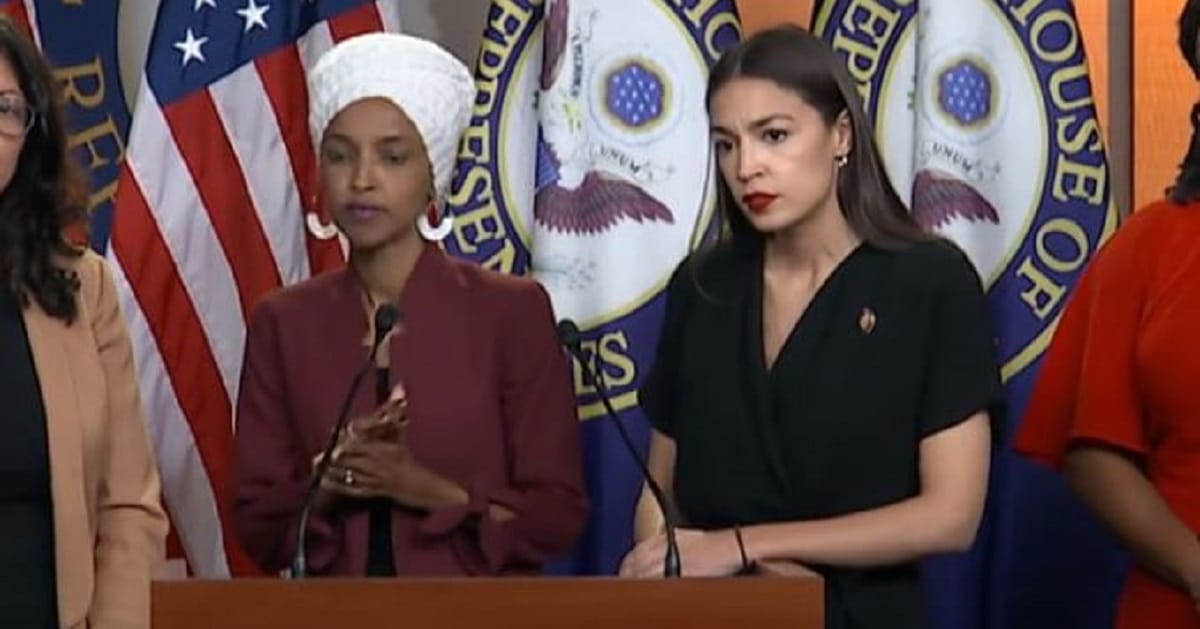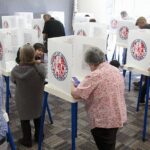



As Kamala Harris considers a potential bid for the governorship of California, she has encountered skepticism from key Democratic donors, the Post Millennial reported.
The former Vice President's potential run has prompted concerns about her intentions and past campaign performance.
Harris, who served as Vice President under President Joe Biden, is weighing the possibility of running for governor of California. This contemplation, however, has not been universally well-received among influential Democratic donors in the state.
Among the concerns raised by donors and delegates is the suspicion that Harris might see the California governorship as a mere springboard for a future presidential campaign. At a recent California Democrat Party Convention, discussions highlighted worries that her local focus could be secondary to national ambitions, potentially setting her sights on a 2028 presidential run.
Another layer of hesitation stems from the memories of her prior campaign experience. Some of her past supporters expressed disappointment in her presidential campaign last fall against Donald Trump, questioning her effectiveness and strategic choices during that period.
A California Democrat donor voiced frustration, recalling the campaign's challenges and Harris's association with the Democratic leadership. They expressed feeling “bamboozled" by the Biden administration and described ongoing dissatisfaction with the current political landscape.
Despite the reservations, Harris has been actively engaging with her base through thank-you visits, catch-up calls, and listening sessions. These activities aim to bolster her connections with both supporters and critical figures within the party.
Scott Drexel, an adviser assessing the political atmosphere surrounding Harris's potential candidacy, noted that there is no significant demand for her to enter the gubernatorial race. According to Drexel, uncertainty lingers regarding her genuine interest in pursuing the position.
State party delegates have candidly expressed feeling slighted by Harris’s perceived view of California as a backup opportunity. Delegate Madison Zimmerman succinctly encapsulated this sentiment by declaring, “California isn't a consolation prize.”
As the decision deadline approaches, Harris is expected to weigh the political landscape carefully before announcing whether she will enter the race. With summer drawing to a close, her choice will have lasting ramifications for both the state and her political future.
This potential candidacy is viewed with mixed feelings by Democratic networks. Critics are wary that revisiting her past presidential run could evoke negative memories and detract from her current prospects.
Delegate Carol Weiss articulated apprehensions that any governorship win by Harris could primarily function as a placeholder. Weiss emphasized concerns that such a role may serve as a preparatory step for a subsequent run at the presidency.
The broader dissatisfaction among party donors highlights deeper issues within Democratic circles, extending beyond individual candidacies. This sentiment has roots in various aspects of the current administration's challenges and missteps.
As Harris's exploratory phase continues, the focus remains on whether she can address these underlying doubts and navigate a successful path forward. This decision not only impacts her future but also the strategic direction of the Democratic Party in California.
Ultimately, the coming months will be pivotal in shaping Harris's political trajectory, and all eyes will be on her decision expected at the end of summer.



